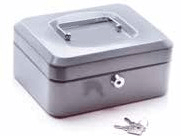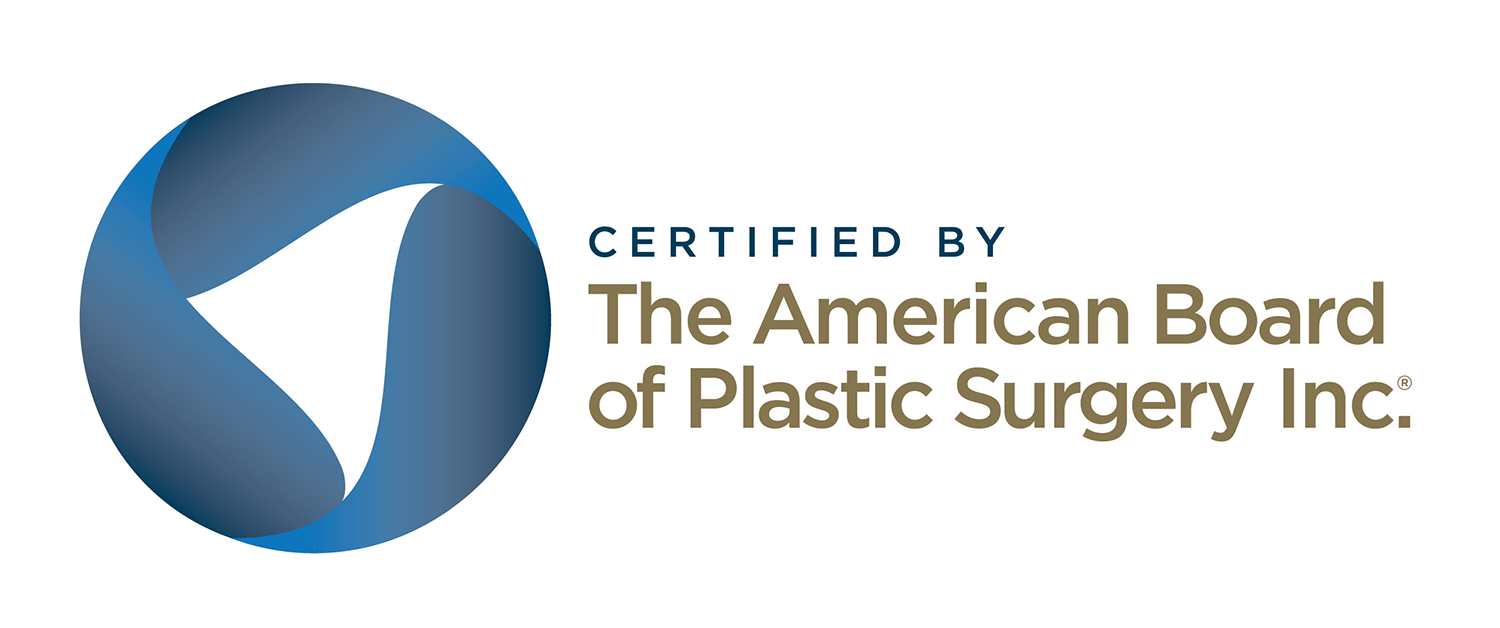General Information
What You Need to Know About Opioid Pain Medicines
This guide is for you! Keep this guide and the Medication Guide that comes with your medicine so you can better understand what you need to know about your opioid pain medicine. Go over this information with your healthcare provider. Then, ask your healthcare provider about anything that you do not understand.
What are opioids?
Opioids are strong prescription medicines that are used to manage severe pain.
What are the serious risks of using opioids?
• Too much opioid medicine in your body can cause your breathing to stop – which could lead to death. This risk is greater for people taking other medicines that make you feel sleepy or people with sleep apnea.
• Addiction is when you crave drugs (like opioid pain medicines) because they make you feel good in some way. You keep taking the drug even though you know it is not a good idea and bad things are happening to you. Addiction is a brain disease that may require ongoing treatment.
Risk Factors for Opioid Abuse:
•You have:
» a history of addiction
» a family history of addiction
• You take medicines to treat mental health problems
• You are under the age of 65 (although anyone can abuse opioid medicines)
You can get addicted to opioids even though you take them exactly as prescribed, especially if taken for a long time.
• If you think you might be addicted, talk to your healthcare provider right away.
• If you take an opioid medicine for more than a few days, your body becomes physically “dependent.” This is normal and it means your body has gotten used to the medicine. You must taper off the opioid medicine (slowly take less medicine) when you no longer need it to avoid withdrawal symptoms.
How can I take opioid pain medicine safely?
• Tell your healthcare provider about all the medicines you are taking, including vitamins, herbal supplements, and other over-the-counter medicines.
• Read the Medication Guide that comes with your prescription.
What other options are there to help with my pain?
Opioids are not the only thing that can help you control your pain. Ask your healthcare provider if your pain might be helped with a non-opioid medication, physical therapy, exercise, rest, acupuncture, types of behavioral therapy, or patient self-help techniques.
What is naloxone?
• Naloxone is a medicine that treats opioid overdose. It is sprayed inside your nose or injected into your body.
• Use naloxone if you have it and call 911 or go to the emergency room right away if:
• You or someone else has taken an opioid medicine and is having trouble breathing, is short of breath, or is unusually sleepy
– A child has accidentally taken the opioid medicine or you think they might have
• Giving naloxone to a person, even a child, who has not taken an opioid medicine will not hurt them.
Naloxone is never a substitute for emergency medical care. Always call 911 or go to the emergency room if you’ve used or given naloxone.
• Take your opioid medicine exactly as prescribed.
• Do not cut, break, chew, crush, or dissolve your medicine. If you cannot swallow your medicine whole, talk to your healthcare provider.
• When your healthcare provider gives you the prescription, ask:
» How long should I take it?
» What should I do if I need to taper off the opioid medicine (slowly take less medicine)?
• Call your healthcare provider if the opioid medicine is not controlling your pain. Do not increase the dose on your own.
Do not share or give your opioid medicine to anyone else. Your healthcare provider selected this opioid and the dose just for you. A dose that is okay for you could cause an overdose and death for someone else. Also, it is against the law.
• Store your opioid medicine in a safe place where it cannot be reached by children or stolen by family or visitors to your home. Many teenagers like to experiment with pain medicines.

Use a lock- box to keep your opioid medicine safe. Keep track of the amount of medicine you have.
• Opioid Analgesic REMS – Patient Counseling Guide
• Do not operate heavy machinery until you know how your opioid medicine affects you. Your opioid medicine can make you sleepy, dizzy, or lightheaded.
What should I avoid taking while I am taking opioids?
Unless prescribed by your healthcare provider, you should avoid taking alcohol or any of the following medicines with an opioid because it may cause you to stop breathing, which can lead to death:
• Alcohol: Do not drink any kind of alcohol while you are taking opioid medicines.
• Benzodiazepines (like Valium or Xanax)
• Muscle relaxants (like Soma or Flexeril)
• Sleep medicines (like Ambien or Lunesta)
• Other prescription opioid medicines
Where can I get naloxone?
There are some naloxone products that are designed for people to use in their home.
• Naloxone is available in pharmacies. Ask your healthcare provider about how you can get naloxone. In some states, you may not need a prescription.
• When you get your naloxone from the pharmacy, read the Patient Information on how to use naloxone and ask the pharmacist if anything is unclear.
• Tell your family about your naloxone and keep it in a place where you or your family can get to it in an emergency.
When you no longer need your opioid medicine, dispose of it as quickly as possible. The Food and Drug Administration recommends that most opioid medicines be promptly flushed down the toilet when no longer needed, unless a drug take-back option is immediately available. A list of the opioid medicines that can be flushed down the toilet is found here: https://www.fda.gov/drugdisposal
What things should I know about the specific opioid medicine that I am taking?
• Your healthcare provider has prescribed _________________________ for you. Read the Medication Guide for this medicine, which is information provided by your pharmacy.
• Remember this other important information about your opioid medicine:
Dosing instructions:____________________________________________
Any specific interactions with your medicines:__________________
What if I have more questions?
• Read the Medication Guide that comes with your opioid medicine prescription for more specific information about your medicine.
• Talk to your healthcare provider or pharmacist and ask them any questions you may have.
• Visit: www.fda.gov/opioids for more information about opioid medicines.





